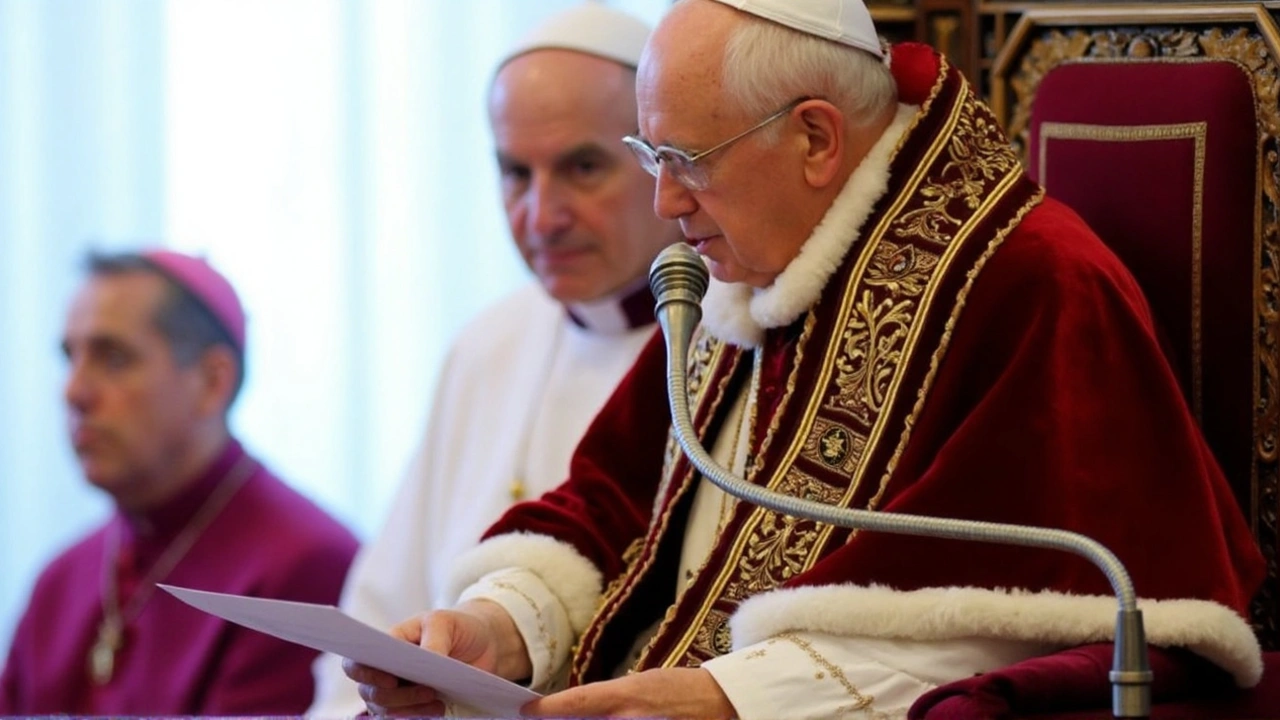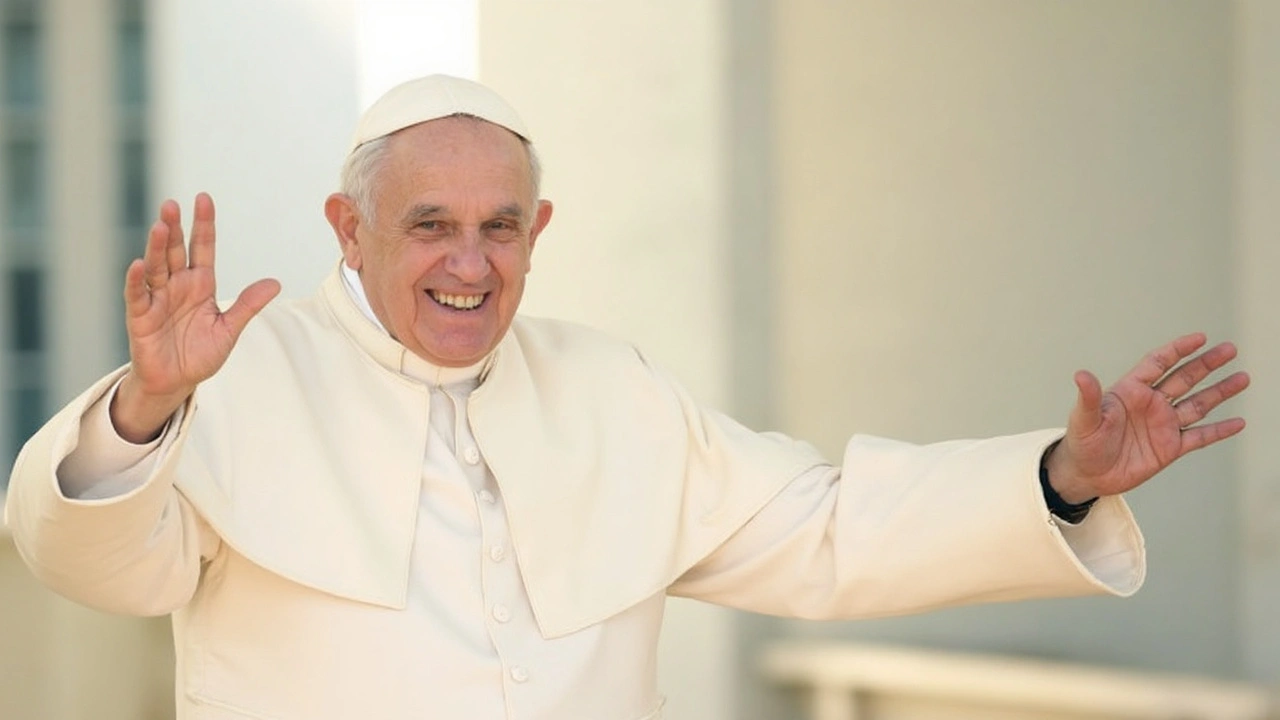
Pope Benedict XVI Steps Down: The Moment That Stunned the Vatican
In 2013, in a move that nobody saw coming, Pope Benedict XVI did the unthinkable—he resigned. It was the first time a pope had quit the job since Gregory XII way back in 1415. The news shot through Catholic communities worldwide, leaving everyone from cardinals to regular churchgoers asking: What happens now?
Benedict was 85, showing signs of age, and couldn’t keep up with the relentless demands of one of the world’s most high-profile leadership roles. He said he no longer had the “strength of mind and body” to carry on. But unlike his predecessor, John Paul II, who pressed on for years despite declining health, Benedict made the point that sometimes stepping away is the more responsible decision. For a church steeped in tradition—where popes usually serve for life—his choice felt radical.
Benedict had seen the impact firsthand: John Paul II’s struggles in old age played out in public, sometimes sparking awkward questions about who actually ran the Church during his final years. Some insiders say Benedict wanted to spare the Vatican another long, uncertain period where leadership was hampered by sickness.

Ripple Effects: Shaking Up Catholic Tradition and Politics
The impact of Benedict’s resignation quickly went beyond the walls of the Vatican. Suddenly, the idea that a pope might retire like any other world leader was on the table. Would this become the new normal? What did it mean for how Catholics viewed the authority binding their Church together?
In the U.S., where Catholic voters play a big role in elections, some bishops quietly worried about turnout dropping among less-committed Catholics. If even the pope could step down, what did that say about the permanence and stamina people expected from their religious leaders? Politicians, meanwhile, wondered how a new pope might sway Catholic opinions on divisive issues like abortion, marriage, and social care.
The resignation also fed into deep tensions within the Church. For more conservative voices, it looked like a smart move to make sure doctrinal orthodoxy stayed strong—better to have a sharp leader than one who struggled with the job. Others, though, thought Benedict’s pragmatism was a sign the Church might finally be able to address the biggest problems facing modern Catholicism, including scandals, declining attendance, and growing secularism.
One thing everyone agreed on: the office of the pope would never look quite the same. Benedict’s move opened the door for future popes to resign without shame or scandal, making Catholic succession look just a little more modern. But it also gave the Church two living popes—the first time that had happened in centuries—adding a layer of complexity the Vatican hadn’t seen in generations.
Despite everything, Benedict’s influence hasn’t faded. His writings—especially the much-discussed Jesus of Nazareth series—still shape Catholic debates over doctrine and belief. But his decision to step aside left people inside and outside the Church debating what it really means to lead in the 21st century, and whether tradition is always worth clinging to.
9 Comments
Write a comment
More Articles

Benjamin Mendy Seeks £11.5m in Unpaid Wages from Manchester City
Benjamin Mendy is taking legal action against Manchester City to reclaim £11.5 million in wages he argues were wrongfully withheld. Despite being cleared of serious criminal charges in 2023, Mendy's salary was stopped in 2021, causing financial hardship. This has led to an employment tribunal where Mendy seeks justice and payment assurances he believes were previously promised by the club. The tribunal is anticipated to continue for two days.

Cagliari vs Roma: Line-ups, Where to Watch, and Key Player Updates
Roma coach Daniele De Rossi plans to field three new signings in an intriguing clash against Cagliari. The match sees Paulo Dybala on the bench due to ongoing transfer talks. Roma aim to reinforce their squad while Cagliari grapples with key player absences. Broadcasting details include Paramount+ in the USA and BeIN Sports in Australia and New Zealand.

Europa League Clash Ends in Draw as FC Porto Battles AS Roma at Estádio do Dragão
In a thrilling Europa League playoff first leg, FC Porto and AS Roma ended in a 1-1 draw following a late opener by Zeki Celik and an equalizer by Francisco Moura. The match was intense, marked by a critical red card for Bryan Cristante and significant tactical changes due to Paulo Dybala's injury.
Aditya Kulshrestha
April 21, 2025 AT 23:46The resignation of Pope Benedict XVI represented the first papal abdication since the Council of Constance in 1415, a fact often overlooked in popular summaries 😏.